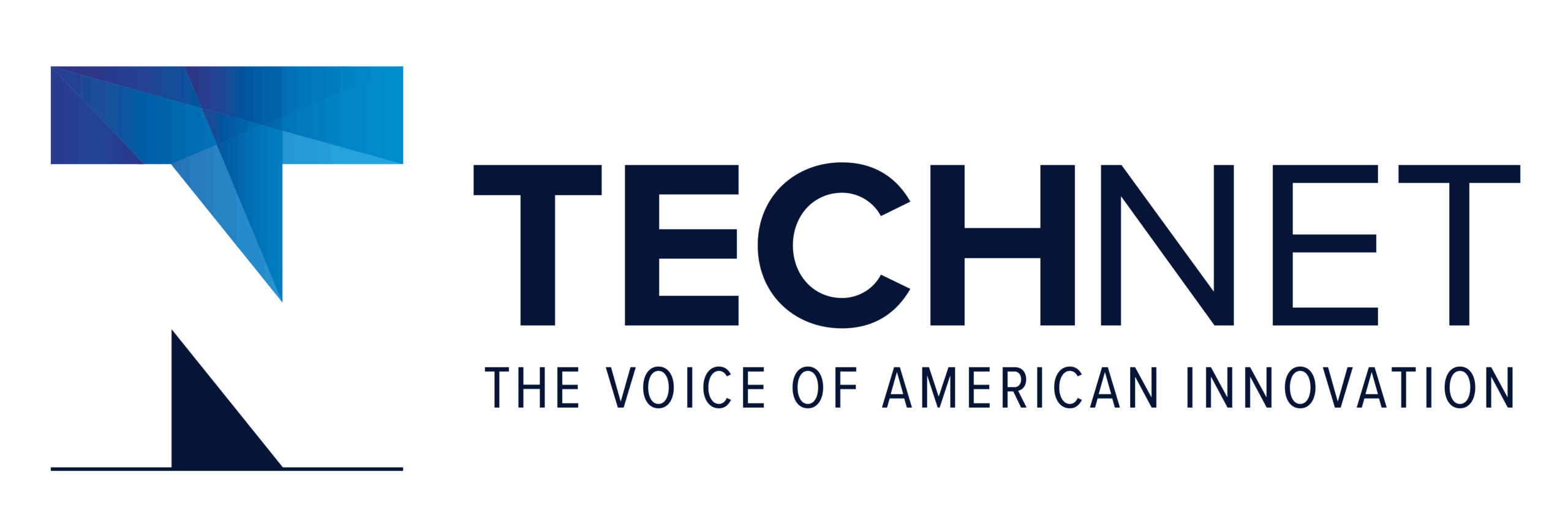As the U.S. government considers imposing new tariffs on semiconductors and related products under Section 232 of the Trade Expansion Act, TechNet has submitted a formal comment warning that such a move would undermine American innovation, jeopardize our global competitiveness in artificial intelligence (AI), and stall progress towards building a resilient domestic semiconductor supply chain.
TechNet is the national, bipartisan network of technology CEOs and senior executives whose companies employ five million Americans and power our economy across all 50 states. In our comment to the Department of Commerce’s Bureau of Industry and Security (BIS), we delivered a clear message: semiconductor tariffs will hurt, not help, America’s ability to lead in AI and advanced technologies.
What’s at Stake
Semiconductors are the backbone of modern technology—from powering smartphones to enabling breakthroughs in AI, medicine, defense, and energy. Despite significant investments to expand domestic manufacturing, the U.S. still requires imports of chips and semiconductor manufacturing equipment to meet domestic fabrication needs. Imposing additional tariffs on these imports would:
- Disrupt critical supply chains
- Raise costs for American companies
- Delay domestic manufacturing projects already underway
- Divert investment away from innovation and into tariff mitigation
Tariffs imposed since 2018 have already cost American companies over $165 billion. New tariffs could increase semiconductor costs by another 5–25%, undermining the very private-sector investments the U.S. is trying to encourage in domestic semiconductor manufacturing.
AI Leadership at Risk
As President Trump has called for American global dominance in AI, we must ensure that the infrastructure needed to power this vision is affordable and accessible. New tariffs would make it harder—not easier—for companies to build the data centers and processing capacity needed for next-generation AI applications.Startups and smaller firms, in particular, would face narrowing profit margins, reduced R&D spending, and slower growth. Meanwhile, international competitors—unencumbered by similar tariffs—could surge ahead.
A Better Path Forward
Instead of punitive tariffs, TechNet urges the administration to adopt a comprehensive strategy that includes:
- Incentives for U.S.-based semiconductor manufacturing
- Investment in workforce development and STEM education
- Streamlined permitting and regulatory reform
- Strong international trade partnerships to reduce reliance on adversarial sources
Building domestic capacity is vital—but it will take years. In the meantime, maintaining a steady and affordable supply of semiconductors through imports is essential to protect both our economic and national security.
Conclusion
TechNet stands ready to work with policymakers, industry leaders, and educators to strengthen the U.S. semiconductor ecosystem. But blunt tariffs are the wrong tool at the wrong time. Let’s focus instead on policies that unleash innovation, attract investment, and keep America at the forefront of the global technology race.
Read our full comment here.
